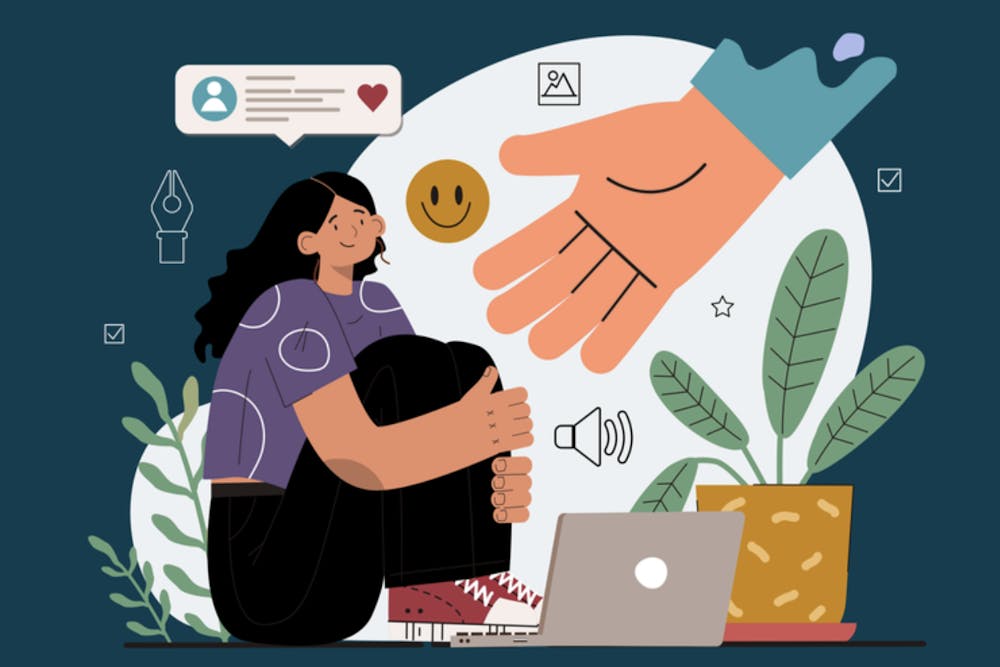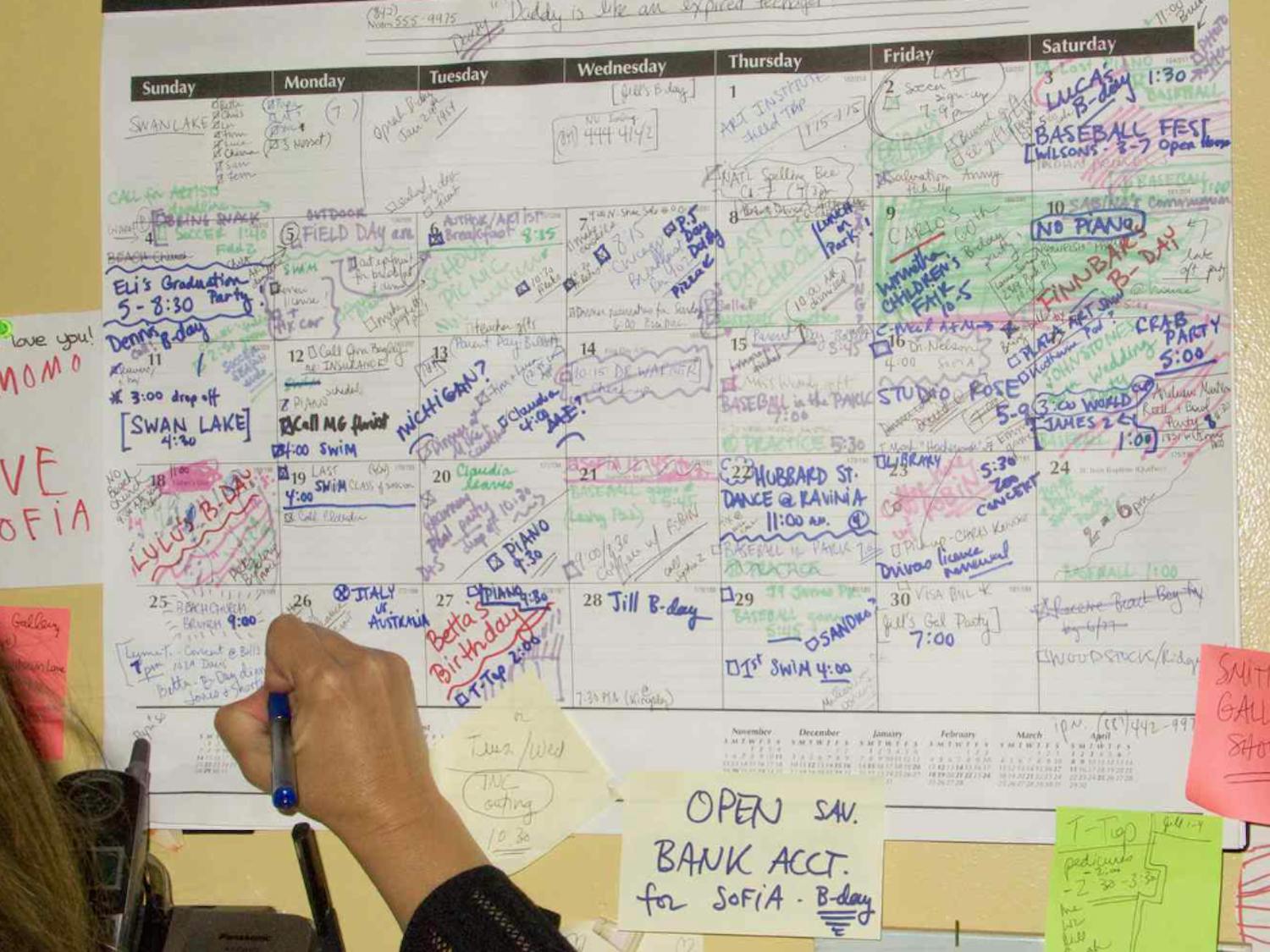The internet started in the 1960s as a way for the government to distribute and communicate information. It was an immediate and revolutionary success, and in response, other networks and codes for the web were created. The birth of our modern internet is considered January 1st, 1983. Since then, the era of digital and online presence has radically changed the way we all interact with the world and with each other, but how is it affecting our most basic human attribute: empathy?
While the internet can grant us national access, provide the quickest entry to boundless new information, and foster awareness of things far from our personal perspective, it can also pose a difficult and fundamental issue in our ability to understand and share emotion with others. The changing landscape of empathy in the digital age is alarming, and though pressing, is also completely unknown to many people online.
The best thing about the internet is the anonymity of it all. Scrolling through your feed and interacting with people who don’t know all of your baggage, insecurities, or issues, is a homosapien dream. That’s why we all enjoy it as much as we do. But alternatively, this can lead to online disinhibition. This is where people feel disconnected, as they are not present with the individuals they interact with, from their primal compassion. Therefore, we feel less restrained and more likely to post potentially hurtful and or aggressive things online. This can extend to ableism, racism, homophobia, mean jokes or threats, and cyberbullying.
Cancel culture is also deeply woven into social media and the internet. “People love to hate,” but what they don’t think about is the person they are pushing their hate onto. Every nasty comment about or to someone extends to a real person with real feelings. The internet makes us forget that, and not only does this behavior erode empathy, it also encourages negativity to grow and fester.
We all know there is more than enough negativity and bad news to go around these days, and social media is not only a pusher of that, but also can have a damaging effect of online opinions. “Echo Chambers” are when an individual is exposed to everything and anything that confirms and strengthens their personal beliefs. Whether this be political, national, or genuine personal opinions, it limits exposure to assorted perspectives and reduces empathy for those with different viewpoints.
When the 2024 election was high on everyone’s radar, the information and opinionated media were seeping through. Commercials, TikToks, Instagram posts, and SNL skits were booming, and because of how our modern digitality works, the things liked, saved, commented on, or watched were then pushed back even harder because of the algorithm engaged with. Whether or not you saw it, information of the opposing side was out there, you just weren’t interacting with it. Agreeing, of course, is not a must, but respecting and being empathic towards individuals with altered opinions is.
Equally as important is the unsought-after reality that we can all face digital overload and desensitization when exposed to a significant amount of negative content. When seeing a large assortment of harmful or disheartening subjects, we can experience a sort of emotional “fatigue” and become less emotionally responsive to others suffering. The internet is a great place to learn things and discover new things, but there are sides to the web. Sometimes, our news seems like it is never good. Mass shootings, the radical and unappreciated effects of climate change, election results good and bad, social injustice, civil rights ripped from the hands that need it most, etc. It is a guttural cycle, and for many people, the internet is their main source of information, if not their only. Because of this, it almost becomes normal in our eyes. It feels so constant, and when things feel constant, we tend to care less and feel less connected to sadness, anger, and empathy as a defense mechanism for the stability of our minds.
So, what does all of this mean, and why should it matter to you? The internet and the digital age are hugely important and provide us with boundless benefits, but also inadvertently pose a paradox: even though we are more connected than ever, we risk becoming completely detached from human empathy and feeling for the people surrounding us. The same tools used to broaden our horizons seem to actually be narrowing our space for empathy. As we scroll through the tragic, the silly, the informational, the question lingers: Are we becoming more informed, or simply more numb? All of these “online bubbles” are reshaping and remodeling our emotional responses and therefore, compel us to… the deficit of empathy.




